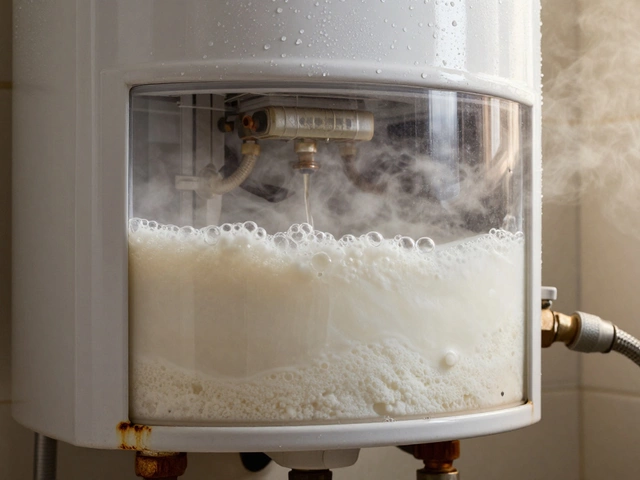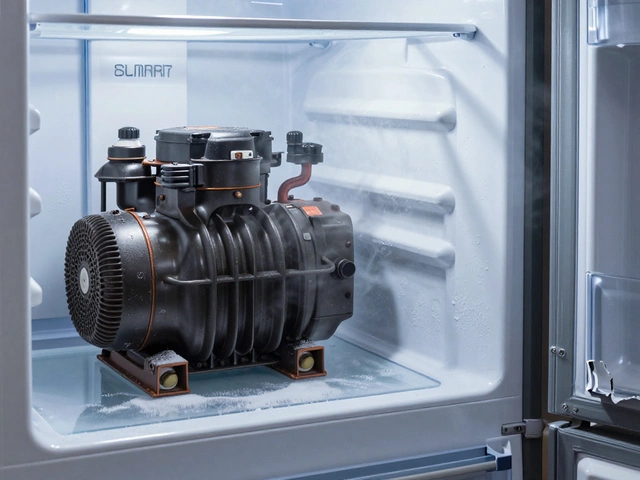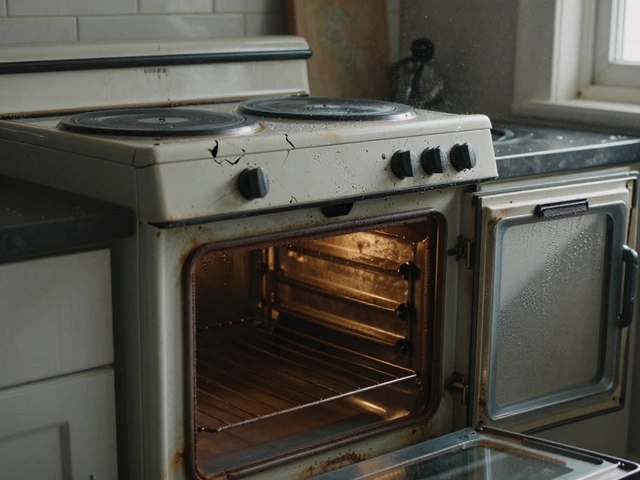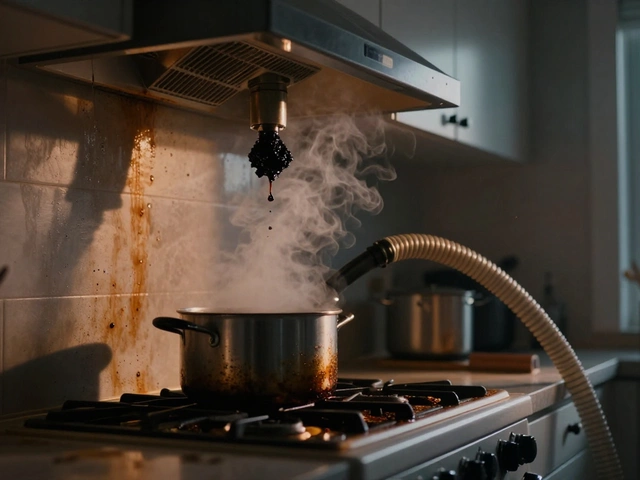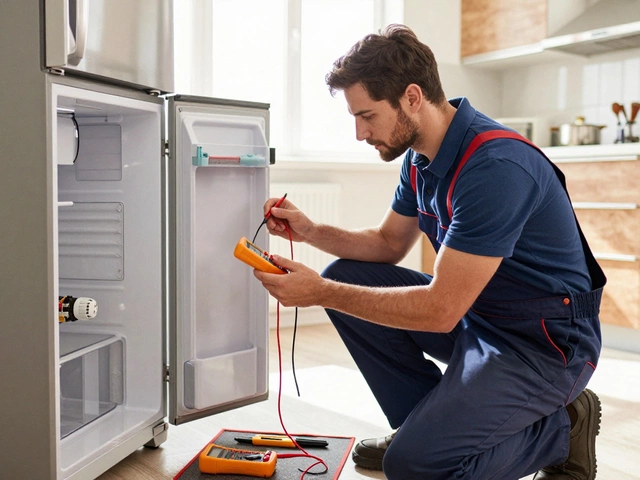Oven Problems – What’s Going Wrong and How to Fix It
When your oven stops doing its job, dinner plans can crumble fast. The good news is many issues are easy to spot and even easier to fix. Below you’ll find the most common reasons ovens act up, step‑by‑step checks you can do at home, and clear signs it’s time to call a professional.
Quick DIY Checks Before You Call a Technician
1. Oven won’t heat at all
First, make sure the oven is actually getting power. Check the circuit breaker and any fused plugs. If the display lights up but nothing heats, the heating element (for electric ovens) or the gas igniter (for gas ovens) is the usual culprit. You can test an electric element with a multimeter: no continuity means it’s dead and needs replacing.
2. Temperature is off
Use an oven thermometer to see if the temperature you set matches the actual heat inside. If it’s consistently too hot or too cold, the thermostat or temperature sensor is likely misreading. Cleaning the sensor with a soft brush can help, but a faulty sensor will need a swap.
3. Oven cooks unevenly
Hot spots are often caused by a broken fan in a convection oven or a warped heating element. Spin the rack around and see if certain spots are hotter. If the fan isn’t running, check the motor and wiring before ordering a new fan.
4. Strange noises or smells
Rattling can mean a loose fan blade or a broken baffle. A burning smell usually points to a failing heating element that’s short‑circuiting. Turn the oven off, let it cool, and inspect the element for visible cracks or discoloration.
5. Control panel isn’t responding
Buttons that stick or a blank display often mean a bad control board. Try resetting the oven by unplugging it for a minute, then plugging it back in. If the problem persists, the board likely needs replacement.
When to Call the Experts
If any of the checks above point to a broken heating element, igniter, fan motor, or control board, you probably need a qualified technician. These parts can involve high voltage or gas lines, and improper handling can be unsafe.
Also, if the oven leaks gas, makes a hissing sound, or you smell gas at any time, shut it off immediately and ventilate the area. Call a gas‑qualified professional right away – that’s not a DIY job.
Our Weymouth team can diagnose the exact fault, source the right part, and get your oven back to cooking in no time. We work fast, charge fairly, and aim to extend the life of your appliance, so you don’t have to replace the whole thing prematurely.Remember, a little maintenance goes a long way. Clean the oven’s interior regularly, keep the door seal free of debris, and schedule a quick check‑up every couple of years. These habits catch wear early and save money.
Got an oven that’s acting up? Try the quick checks above, and if you’re still stuck, give us a call. We’ll send a skilled tech to your door, explain what’s wrong in plain language, and fix it right the first time.
Common Oven Problems: Troubleshooting and Solutions for Home Cooks
- Alden Wilder
- Jul 10 2025
- 0 Comments
Explore the most common oven problems, why they happen, and practical solutions you can try at home to keep your oven running strong.
View More
